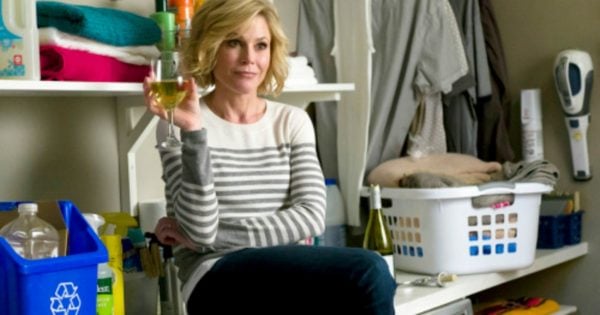In the same way that I have no clue how crazy parenting is, I’m sure parents can’t imagine what it’s like to create quality learning experiences for 20-30 unique, crazy and in some cases diabolical children all at once, without anyone’s head getting set on fire.
We all know that our gorgeous kids achieve the absolute best outcomes when the adults in their lives work together, so here’s my offer. I would be more than happy to clear up any of your “what in the world was that teacher thinking?!” questions from a teacher’s perspective.
Listen: Mrs Mogg joined This Glorious Mess this week to spill the beans on the secrets of the staff room.
-
Sometimes teachers make mistakes, have to “make-do”, forget things or have to cut corners just like parents do.
Yes we get paid to educate and care for your kids, but there are more than just your kids in the classroom.
Keeping track of 20-30 individuals is an incredible juggling act! Sometimes little Amy’s home readers will not get swapped. Little Johnny’s hat won’t get retrieved from lost property, or someone else will be using the library in our class’ designated time and we may not be able to let your child borrow new books for the week.
Even the most well-organised schools can be very chaotic and there is always something out of the norm happening (think book week, mid-year concerts, athletics carnivals etc).
2. Teachers are under a lot of pressure.
There’s so much pressure to make sure each child achieves curriculum outcomes, and often we take it very personally if a child isn’t “where they should be” academically.
When we implore you to read at home with your child, it’s not because we think you’re doing a sub-standard job… it’s actually more that we wish we could give more one on one time to your child because EVERY child is capable of making progress; we just can’t give the individualised attention we’d love to be able to, and we assume (rightly or wrongly) that you might have a chance to do this at home.



Top Comments
Thankyou Chriss - what a great list, I really appreciate all these points as a parent. Teachers are (most of them) special people :)